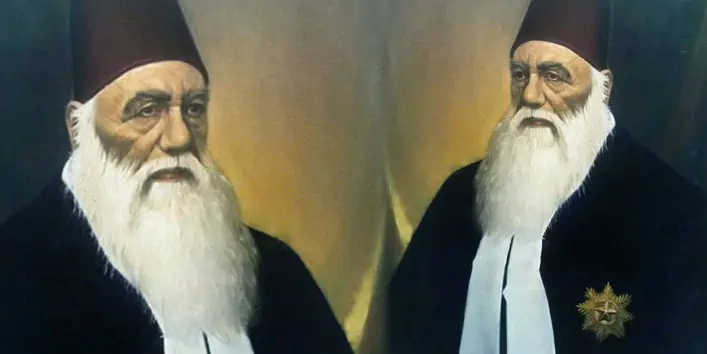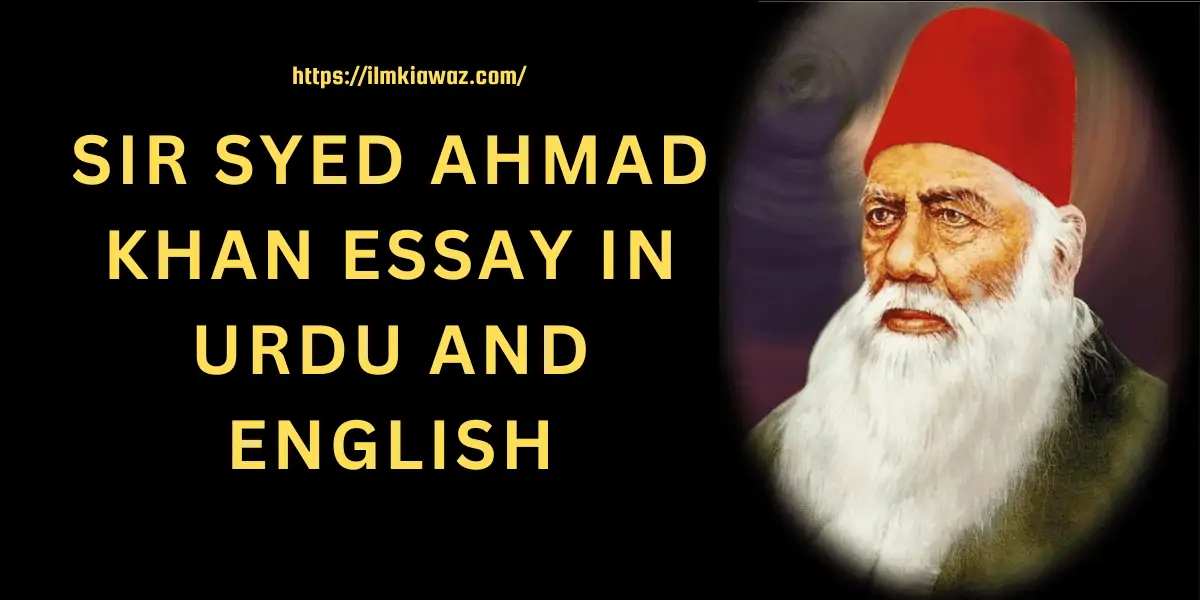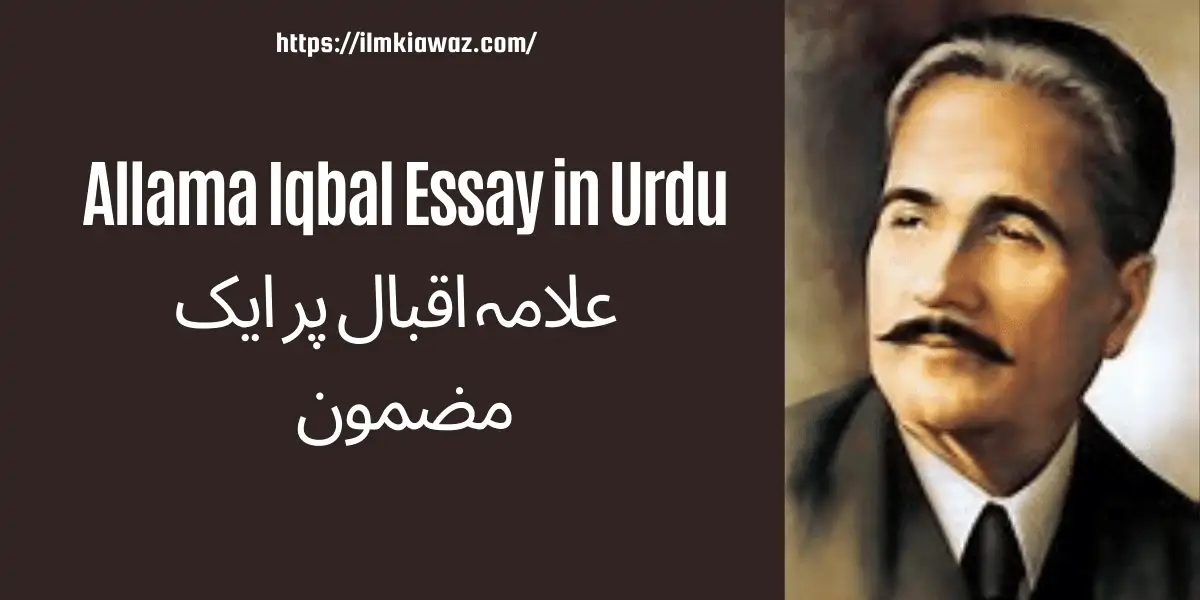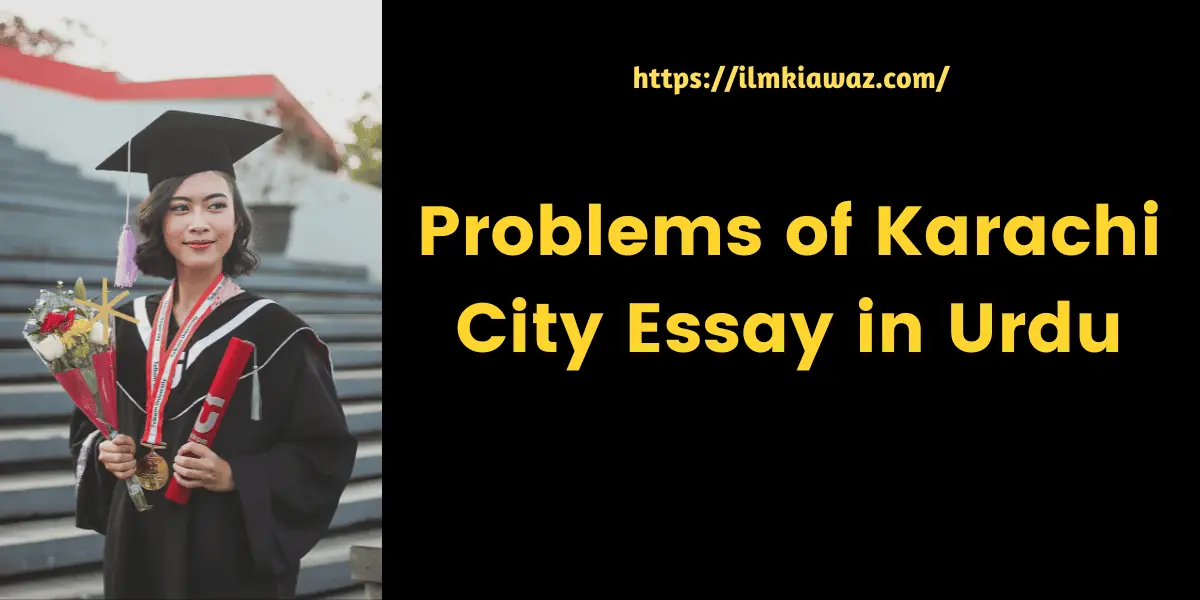Today we will write about a Sir Syed Ahmed Khan essay in Urdu and English language with headings, pdf and quotations for classes 3 4 5 6 7 8 9th and others in easy and short wordings. At that time, Mirza Iraj penned Fasina Ajaya, Mir Amaan DE Helvi wrote Qisa Char Darwesh and Nawab Fakir Muhammad Khan wrote Anwar Sahily.
Asar-Ul- Sanidad was Sir Syed Ahmed Khan’s first book, but he abandoned this pattern and began focusing on simple language. The literary characteristics listed below are significant. For the Essay Sir Syed Ahmed Khan in Urdu and English, scroll below this passage.
Sir Syed Ahmad Khan Essay in Urdu and English for class 3 4 5 6 7 8 9th | سرسید احمد خان پر ایک مضمون
سرسید احمد خان

Birth of Sir Syed Ahmad Khan | سرسید احمد خان کی پیدائش
سرسید احمد خان 17 اکتوبر 1817ء کو دہلی میں پیدا ہوئے۔ وہ کشمیری تارکین وطن کی ایک قطار سے آئے تھے جو سولہویں صدی میں دہلی آئے تھے۔ ان کے والد اس وقت مغل حکومت کے لئے کام کرتے تھے
On October 17, 1817, Sir Syed Ahmed Khan was born in Delhi. He came from a line of Kashmiri immigrants who came to Delhi in the sixteenth century. He had a father who worked for the Mughal government.
Early Life of Sir Syed Ahmad Khan | سرسید احمد خان کی ابتدائی زندگی
بھارت دہلی میں پیدا ہونے والے سر سید احمد خان (1817–1898) ایک مسلمان دانشور اور معلم تھے۔ وہ ایک ہندوستانی جدیدیت پسند اور اسلامی مصلح تھے جنہوں نے ہندوستان میں برطانوی حکمرانی کی مخالفت کی اور علی گڑھ تحریک کو تحریک دی۔ آپ آل انڈیا مسلم لیگ کے بانی تھے. مزید برآں ، انہوں نے برطانوی ہندوستان میں مسلم دانشور اشرافیہ کی نمائندگی کی اور برطانوی ہندوستان میں سیکولر تعلیم کے ساتھ ساتھ اسلامی جدیدیت کی ترقی میں بھی پیش پیش رہے۔ آپ کا خاندان کئی صدیوں سے مغلیہ سلطنت کے سرکاری عہدوں سے قریبی طور پر وابستہ تھا۔ خواجہ فرید الدین ، آپ کے نانا ، شہنشاہ اکبر شاہ دوم کے دربار میں وزیر (لفظی طور پر ، وزیر) تھے. سرسید کے والد سید محمد متقی شہنشاہ اکبر شاہ دوم کے قریبی تھے اور ان کے ذاتی مشیر کے طور پر کام کرتے تھے۔
Born in Delhi, India, Sir Syed Ahmed Khan (1817–1898) was a Muslim intellectual and educator. He was an Indian modernist and Islamic reformer who opposed British rule of India and gave inspiration to the Aligarh movement. He was a founding member of the All-India Muslim League, which spearheaded the effort to establish a Muslim-only state in South Asia. Additionally, he represented the Muslim intellectual elite in British India and was a pioneer in the development of secular education in British India as well as Islamic modernity. His family had been closely associated with the Mughal Empire’s official positions for many centuries. His paternal grandfather Syed Hadi Jawwad bin Imamuddin served as an honorary “Mir Jawwad Ali Khan” and a man sab (lit. general) in the court of Emperor Alamgir. Syed Muhammad Muttaqi, Sir Syed’s father, was close to and acted as personal advisor to Emperor Akbar Shah.
Overview of Sir Syed Ahmad Khan Educational services | تعلیم
تعلیم کے بارے میں سرسید احمد خان کا مضمون ایک فلسفیانہ مقالہ ہے جو اس وقت کی تعلیم اور علم کی اہمیت کے بارے میں ایک باریک نقطہ نظر پیش کرتا ہے۔ انہوں نے اعلیٰ تعلیم کی ضرورت، سائنسی اور عقلی سوچ کو اپنانے اور سیکھنے کے جدید طریقوں پر توجہ مرکوز کرنے کے ذریعے معاشرتی ترقی کو آگے بڑھانے کی ضرورت پر زور دیا۔ اپنے مضمون کے ذریعے انہوں نے اپنے اس یقین کو واضح کیا کہ تعلیم 19 ویں صدی کے ہندوستان میں شہریوں کو زیادہ کھلے ذہن اور آگے کی سوچ رکھنے والی دنیا کی طرف دھکیل کر ایک آزاد قوت کے طور پر کام کرے گی۔
سر سید احمد خان انیسویں صدی کے ایک مسلمان اسکالر تھے جنہوں نے ہندوستان میں تعلیم اور اصلاح کے موضوعات پر بھرپور لکھا۔ تعلیم کے بارے میں ان کا مضمون، جس کا آج تعلیمی حلقوں میں وسیع پیمانے پر حوالہ دیا جاتا ہے، معاشرے کو روایتی نظریات سے ہٹ کر جدیدیت کی طرف لے جانے کے بارے میں ان کے آگے بڑھنے کے خیالات کی عکاسی کرتا ہے۔ اس مضمون میں ہم تعلیم کے موضوع پر سرسید احمد خان کی تحریروں کے موضوعات کا جائزہ لیں گے تاکہ تقریبا دو صدیاں قبل کی ان کی بصیرت کو سمجھ سکیں۔
ہندوستان کے شمال میں اردو کے پہلے اخبارات میں سے ایک ، “سید الاخبار” کا آغاز دہلی میں سید احمد کے بڑے بھائی نے کیا تھا۔ 1838 ء میں اپنے والد کی وفات تک ، سرسید نے ایک خوشحال نوجوان مسلمان رئیس کی زندگی گزاری تھی۔ انہاں نے شہنشاہ بہادر شاہ ظفر توں عارف جنگ دا لقب تے اپنے والد دی وفات دے بعد اپنے دادا تے والد دے لقب حاصل کیتے۔
Sir Syed Ahmad Khan’s essay on education is a philosophical treatise that introduces a nuanced view of the importance of education and knowledge at the time. He expounded on the need for higher education, embracing scientific and rational thought, and furthering societal progress through the focused implementation of modern approaches to learning. Through his essay, he made clear his belief that education would serve as an emancipatory force in 19th-century India by pushing citizens towards a more open-minded and forward-thinking world.
Sir Syed Ahmad Khan was a 19th-century Muslim scholar who wrote prolifically on the topics of education and reform in India. His essay on education, which is widely cited in academic circles today, illustrates his forward-thinking views on how to move society off traditional ideas and towards modernity. In this essay, we will explore the themes of Sir Syed Ahmad Khan’s writing on the topic of education in order to gain an understanding of his insights from nearly two centuries ago.
One of the first Urdu newspapers in the North of India, “Sydel Akbar,” was started by Syed Ahmad’s older brother in Delhi. Until his father’s passing in 1838, Sir Syed had led the life of a prosperous young Muslim nobleman. He received the title of Arif Jung from the emperor Bahadur Shah Zafar and the titles of his grandpa and father upon the passing of his father. Sir Syed’s formal schooling was discontinued due to financial issues, although he continued to read literature on many topics in his private study time.
Aim of Life of Sir Syed Ahmad Khan | سرسید احمد خان کی زندگی کا مقصد
سرسید نے مغل سیاسی طاقت کے تیزی سے زوال کا احساس ہونے کے بعد ایسٹ انڈیا کمپنی میں شامل ہونے کا فیصلہ کیا. آپ کی ابتدائی پوزیشن میں صدر امین کے دہلی دفتر میں کرمنل ڈپارٹمنٹ کے سیریستادر (لائٹ کلرک) کی حیثیت سے ریکارڈ رکھنا اور عدالت کے کام کی نگرانی کرنا شامل تھا۔ انہیں فروری 1839 میں آگرہ بھیج دیا گیا اور کمشنر کے دفتر میں نائب منشی یا اسسٹنٹ ریڈر کا عہدہ دیا گیا۔ 1846 وچ دہلی بھیجے جانے توں پہلے انہاں نوں 1841 وچ فتح پور سیکری دے منصف یا سب جج دی حیثیت توں خدمات انجام دینے دے لئی منتخب کيتا گیا سی۔ 1854 تک ، اوہ روہتک وچ دو مختصر پوسٹنگ دے استثنا دے نال ، دہلی وچ ہی رہے۔
مراد آباد دے دربار وچ ، جدوں انہاں نوں 1858 وچ صدرس سودور دے طور اتے تفویض کيتا گیا تاں ، انہاں نے ہندوستانی بغاوت دی وجہ لکھنا شروع کيتا ، جو انہاں دی سب توں مشہور ادبی تصنیفات وچوں اک اے۔ 1862ء میں انہیں غازی پور منتقل کر دیا گیا اور 1864ء میں علی گڑھ منتقل کر دیا گیا۔ 1864 ء میں ان کا تبادلہ بنارس کر دیا گیا اور انہیں چھوٹے اسباب کے سب جج کا لقب دیا گیا۔
انہوں نے اپریل 1869 میں اپنے دو بیٹوں سید محمود اور سید حامد کے ساتھ انگلینڈ کا سفر کیا ، دونوں کو وہاں تعلیم حاصل کرنے کے لئے اسکالرشپ سے نوازا گیا تھا۔
انہیں 1878 میں امپیریل لیجسلیٹو کونسل کا نیا رکن مقرر کیا گیا تھا ، اور انہوں نے جولائی 1878 سے جولائی 1880 تک اس حیثیت میں خدمات انجام دیں۔
Sir Syed made the decision to join the East India Company after realizing the rapid erosion of Mughal political power. He was unable to join the colonial civil service since Indians were not permitted until the 1860s. His initial position involved keeping records and overseeing court business as an Espectador (lit. clerk) of the Criminal Department in Sadr Amin’s Delhi office. He was sent to Agra in February 1839 and given the position of Naib Munshi, or assistant reader, in the Commissioner’s office. He was chosen to serve as the Munsif or Sub-Judge of Fatehpur Sikri in 1841 before being sent to Delhi in 1846. Until 1854, he remained in Delhi, with the exception of two brief postings to Rohtak.
At the court in Moradabad, when he was assigned as Sadarus Sudoor in 1858, he started writing The Cause of the Indian Revolt, one of his most well-known literary works. He was moved to Ghazipur in 1862 before being moved to Aligarh in 1864. He was transferred to Banaras in 1864 and given the title of Sub-Judge of Small Causes.
He travelled to England in April 1869 with his two sons Syed Mahmood and Syed Hamid, both of whom had been awarded scholarships to study there.
In 1876, Sir Syed left the government and moved to Aligarh. He was appointed as a new member of the Imperial Legislative Council in 1878, and he served in that capacity from July 1878 until July 1880.
Books of Sir Syed Ahmad Khan
آپ نے اپنے دوست سید امیر علی کے ساتھ مل کر 1839 ء میں رسالہ “تہذیب الاخلاق” (اخلاقیات کی بہتری) کی بنیاد رکھی۔ (1849–1928) اس جریدے میں طبیعیات، تاریخ، فلسفہ اور مذہب جیسے موضوعات پر مقالے شامل تھے۔ غالب، مرزا غالب، ذوق اور آزاد جیسے دوسرے مصنفین کی شاعری کے ساتھ ساتھ اس میں خود خان کی لکھی ہوئی شاعری بھی شامل تھی۔
Together with his friend Syed Ameer Ali, he established the periodical “Tahzib Ul Akhlaq” (Improvement of Ethics) in 1839. (1849-1928) The journal included papers on topics like physics, history, philosophy, and religion. Along with poetry produced by other authors like Ghalib, Mirza Ghalib, Zauq, and Azad, it also included poetry written by Khan himself.
Sir Syed Ahmad Khan’s death date
Sir Syed Ahmad Khan died on 27 March 1898 Sanday aged 80 in Aligarh.
Conclusion
I hope you like reading this Essay about Sir Syed Ahmed Khan in Urdu. It has headings with brief and simple terminology for all classes 3, 5, 6, 7, 8, 9, Matric and other levels, and it comes with a PDF. If any information is missing, please let me know in the comment area.
FAQ
Who was Sir Syed Ahmad Khan?
Social reformer Sir Syed Ahmad Khan is most known for the Aligarh Effort, a systemic campaign intended to alter the social, political, and educational aspects of Muslim society. The Aligarh Movement, which was essentially an educational project, was Sir Syed’s most significant achievement.
What part does Sir Syed Ahmed Khan play in the upbringing of Muslims?
Great Muslim modernist Sir Syed Ahmed Khan sparked a fresh effort to rehabilitate and educate Muslims. His determination to build a contemporary Muslim nation was his greatest gift. In addition, he encouraged Muslims to pursue modern education while still valuing their own culture and religion.
Was Shia Sir Syed Ahmed Khan?
Despite not being a Shia, Sir Syed Ahmed Khan was a Sufi. He valued the Sunnah, Hadith, and Qur’an. He was against religion and superstition. He supported independence from British authority in India and opposed it.
When did Sir Syed Ahmad Khan go to England?
Sir Syed went to England in 1869. He stayed there for 17 Months and observed the Country System of the British Universities.
Note: I hope you appreciate reading the essay on Sir Syed Ahmad Khan in Urdu and English language for classes 5 6 7 8 9 10 and others in easy and short wordings. you can also read the best




